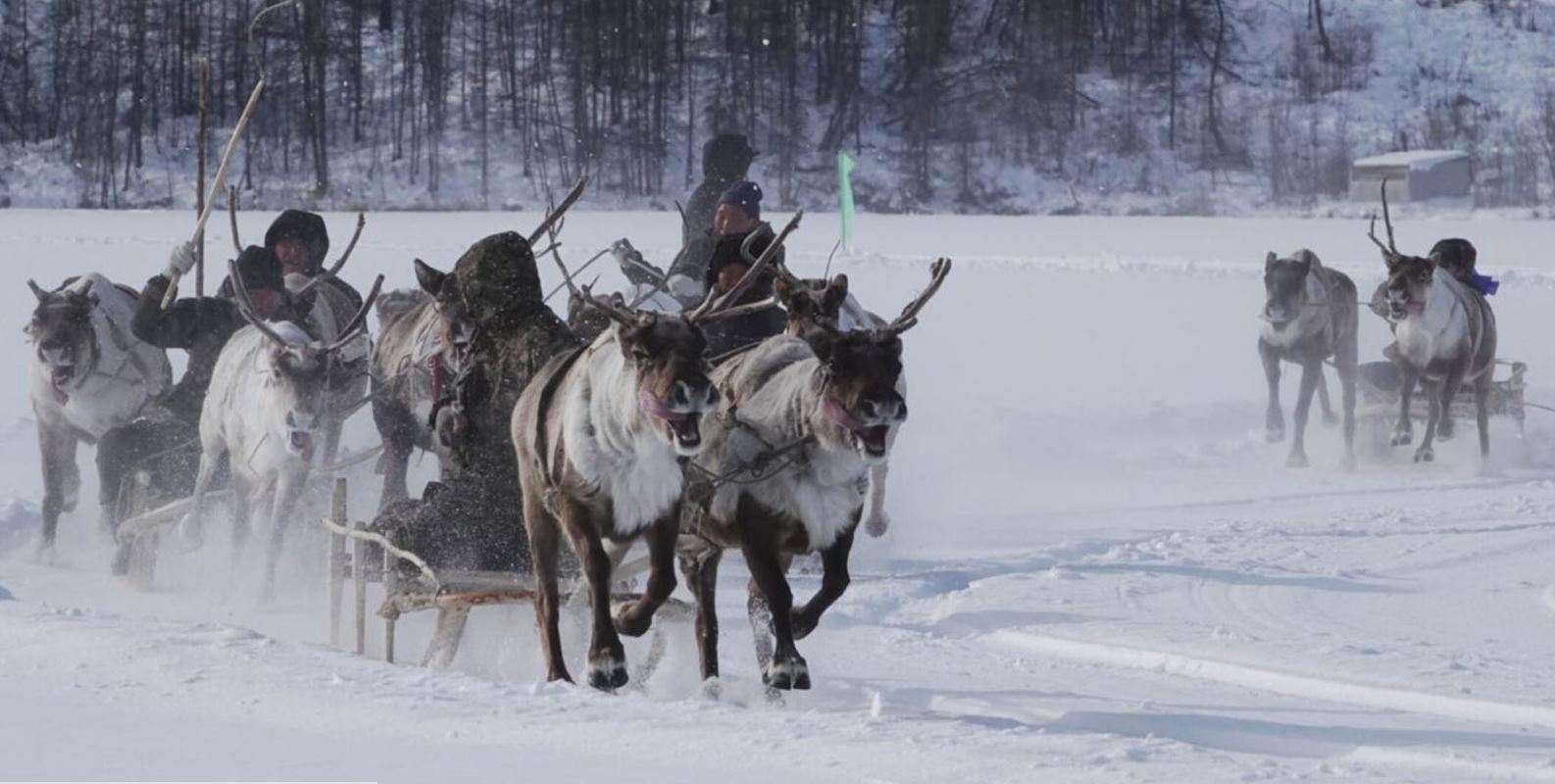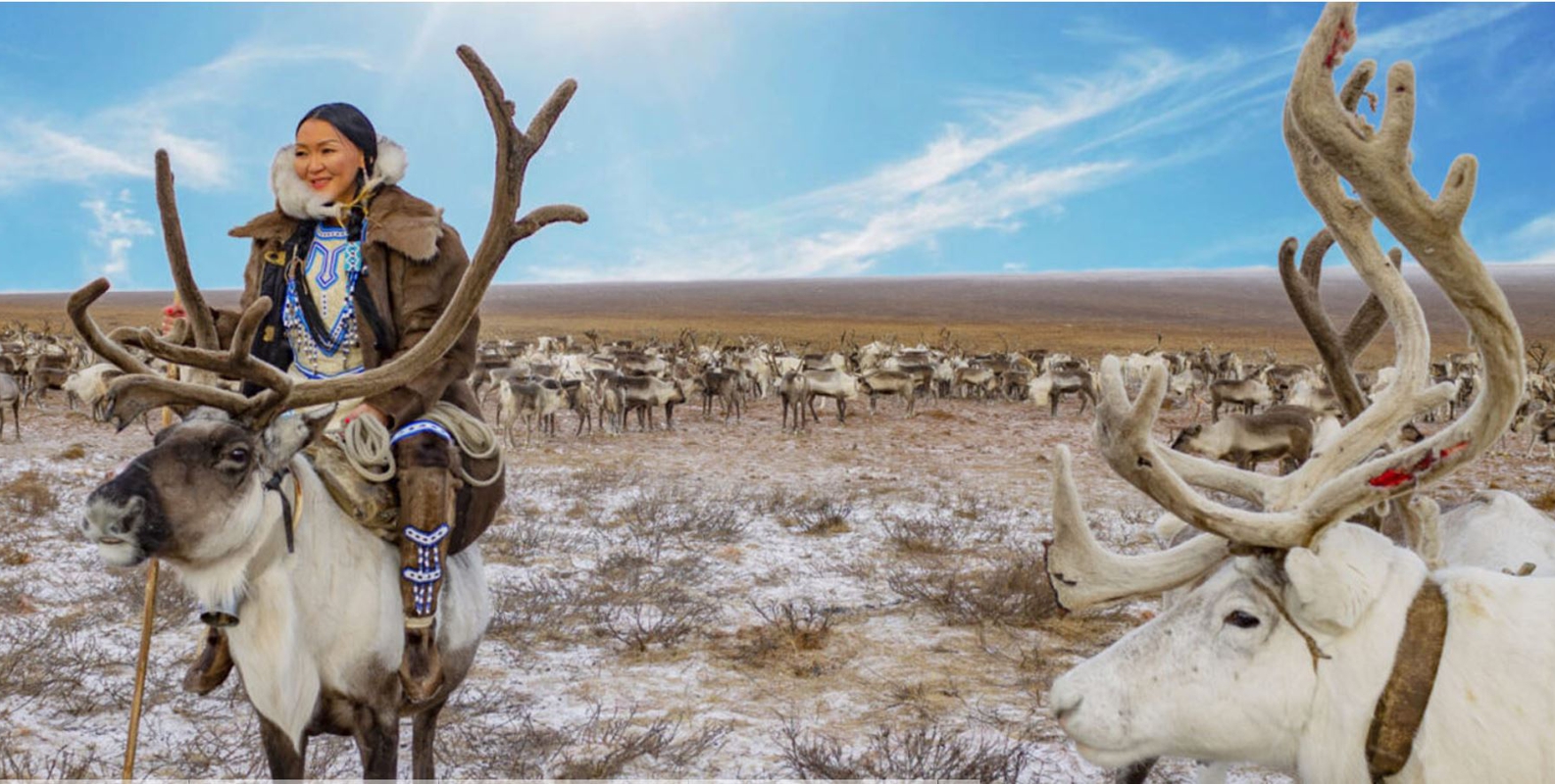The Arctic Multilingual Portal, a project of the Arctic Council, is now open. The aim of the project is to create a comprehensive circumpolar GIS map of the languages spoken by indigenous peoples in the Arctic.
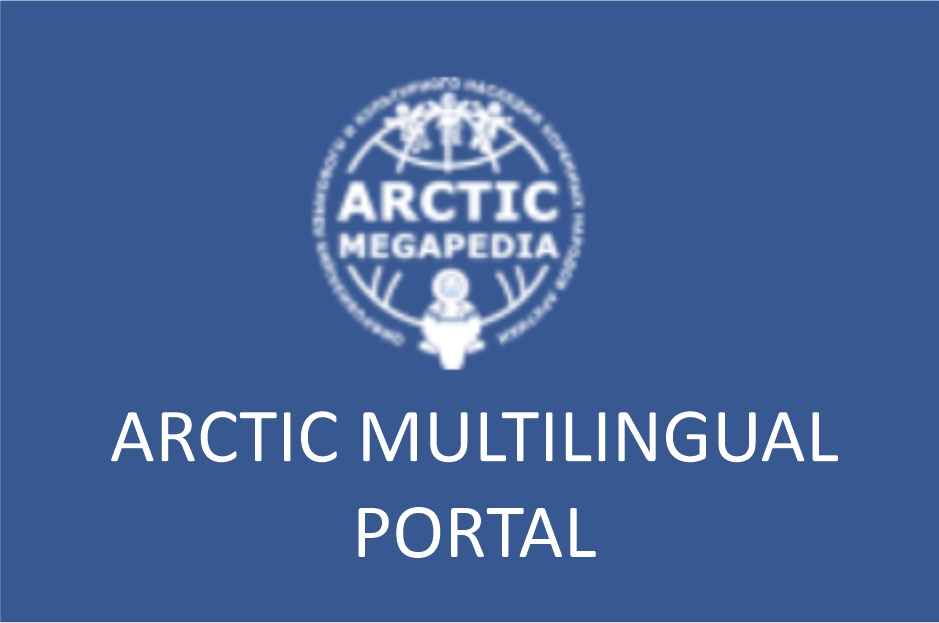
This map will serve as an open online resource and be an integral part of the UNESCO's project "Digitalization of the linguistic and cultural heritage of the indigenous peoples of the Arctic". Six Arctic countries, seven universities, four permanent participants of the Arctic Council, research institutes, and other organizations are currently participating in the implementation of this project.
Preserving linguistic and cultural heritage is becoming increasingly relevant today. UNESCO's Atlas of the World's Languages in Danger of Extinction notes that about 200 languages have disappeared from the world over the last three generations of human life. The disappearance of languages takes with it not only words but also systems of worldview, communication, valuable knowledge, and whole worlds of different ways of thinking.
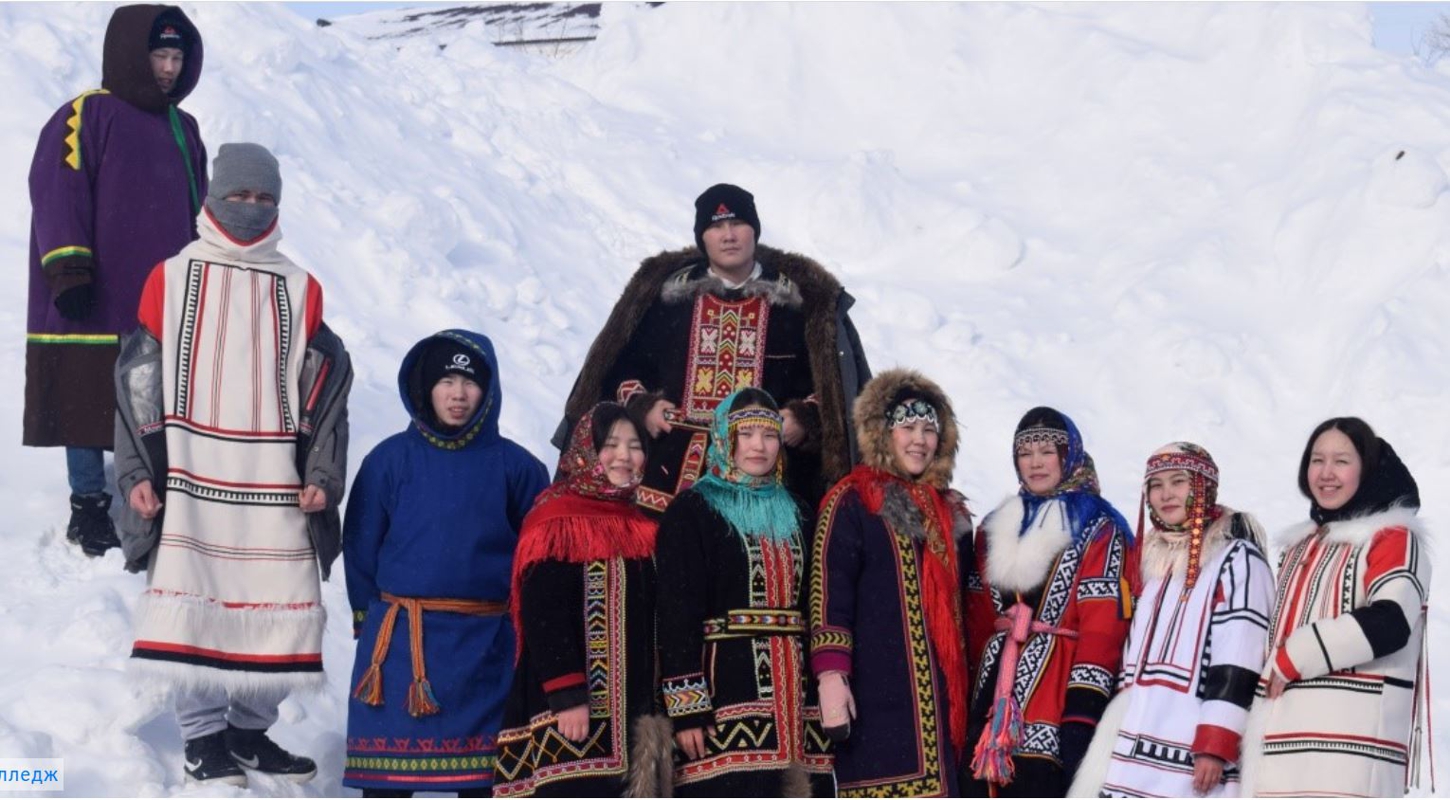
For centuries, the indigenous peoples of the Arctic have mastered their environment, adapting to extreme natural and climatic conditions, developing their original culture, and living in harmony with nature. However, they are now experiencing the challenges of modern society, including deepening processes of globalization, man-made processes, and active industrial development in their ancestral habitat, which has a devastating impact on their traditional way of life.
The rapid processes of globalization and industrial development of the North has put these peoples at risk of an ethnic crisis, threatening the unity of their ethnic characteristics such as language, culture, way of life, and traditional forms of management such as reindeer herding, hunting, and fishing.
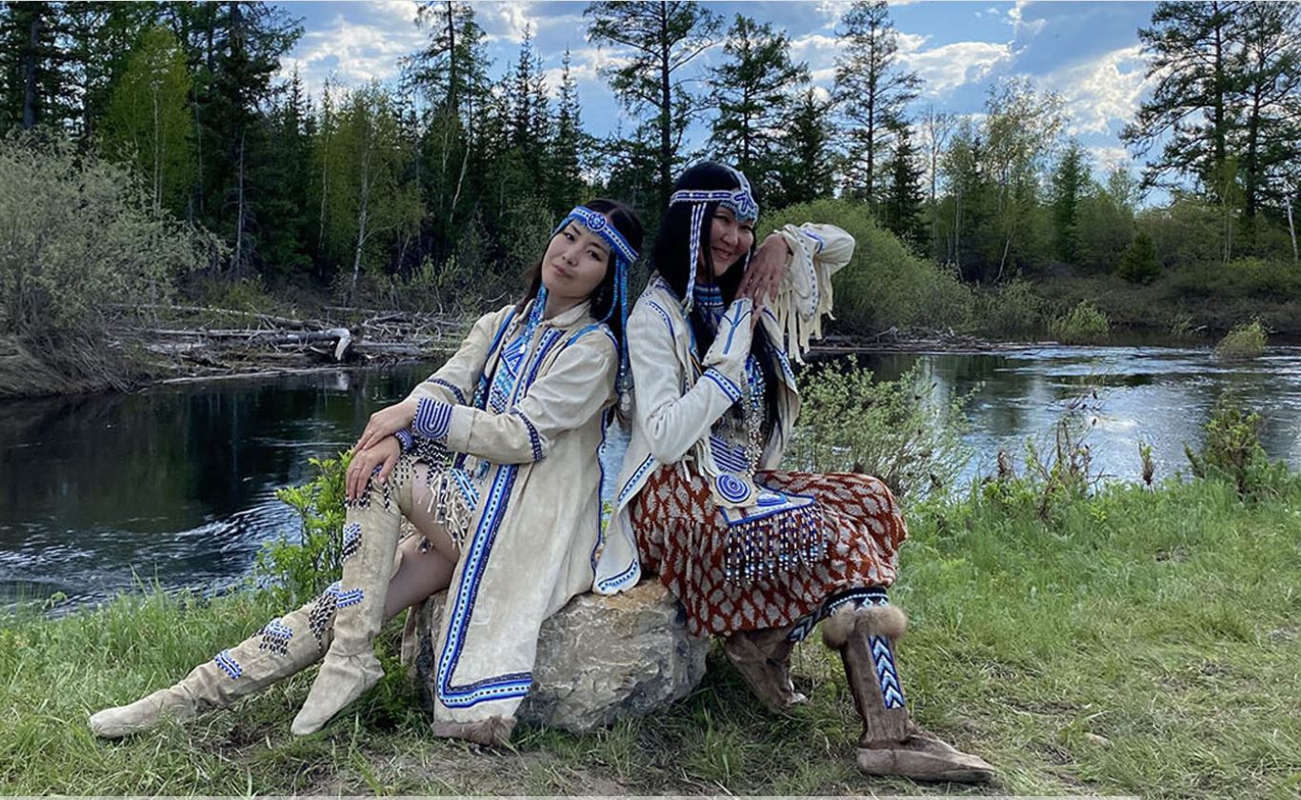
This project is aligned with international initiatives promoting multilingualism worldwide, such as the proclamation by the UN General Assembly of the International Year of Indigenous Languages (2019) and the International Decade of Indigenous Languages (2022-2032). The project "Digitalization of the linguistic and cultural heritage of the indigenous peoples of the Arctic" is now in its main implementation stage.
We invite everyone who has the desire and opportunity to participate in this large-scale project to cooperate with us.
Source and photos:Arctic Multilingual Portal
Related news:
International Traditional Reindeer Herding Championship 2023
Reindeer Herders supported by UNEP & the World Bank/GEF
Indigenous Youth Leadership Course on Resilience, Land Degradation, and Permafrost Thaw
Event: Global Indigenous Youth Summit on Climate Change (GIYSCC)
Indigenous Leaders Are Meeting with EU Parliament Members
Office of Indigenous languages in Canada
Arctic Indigenous Youth Write Best Cookbook in the World!
The tags below provide an opportunity to view previously posted related news within the selected category

